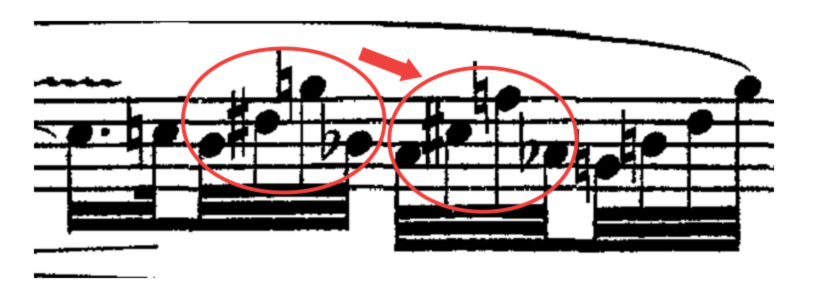Word Frequency Does Not Predict Grammatical Knowledge in Language Models
Charles Yu, Ryan Sie, Nicolas Tedeschi, Leon Bergen
Linguistic Theories, Cognitive Modeling and Psycholinguistics Long Paper

You can open the pre-recorded video in a separate window.
Abstract:
Neural language models learn, to varying degrees of accuracy, the grammatical properties of natural languages. In this work, we investigate whether there are systematic sources of variation in the language models' accuracy. Focusing on subject-verb agreement and reflexive anaphora, we find that certain nouns are systematically understood better than others, an effect which is robust across grammatical tasks and different language models. Surprisingly, we find that across four orders of magnitude, corpus frequency is unrelated to a noun's performance on grammatical tasks. Finally, we find that a novel noun's grammatical properties can be few-shot learned from various types of training data. The results present a paradox: there should be less variation in grammatical performance than is actually observed.
NOTE: Video may display a random order of authors.
Correct author list is at the top of this page.
Connected Papers in EMNLP2020
Similar Papers
Investigating Cross-Linguistic Adjective Ordering Tendencies with a Latent-Variable Model
Jun Yen Leung, Guy Emerson, Ryan Cotterell,

Learning Music Helps You Read: Using Transfer to Study Linguistic Structure in Language Models
Isabel Papadimitriou, Dan Jurafsky,

Predicting Reference: What do Language Models Learn about Discourse Models?
Shiva Upadhye, Leon Bergen, Andrew Kehler,

BLiMP: The Benchmark of Linguistic Minimal Pairs for English
Alex Warstadt, Alicia Parrish, Haokun Liu, Anhad Monananey, Wei Peng, Sheng-Fu Wang, Samuel Bowman,
